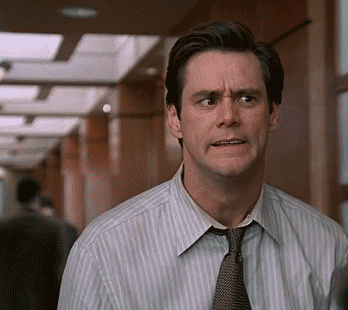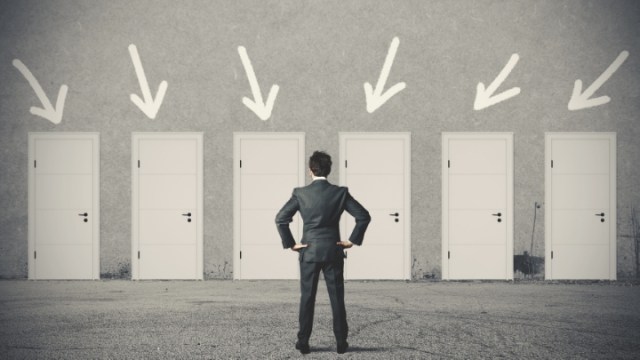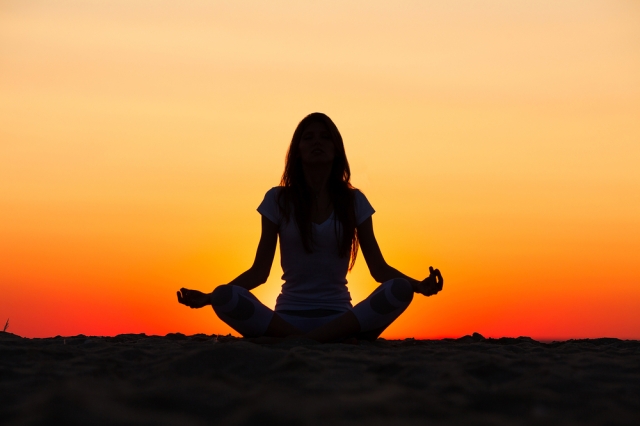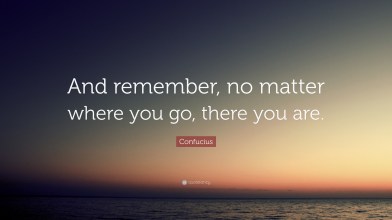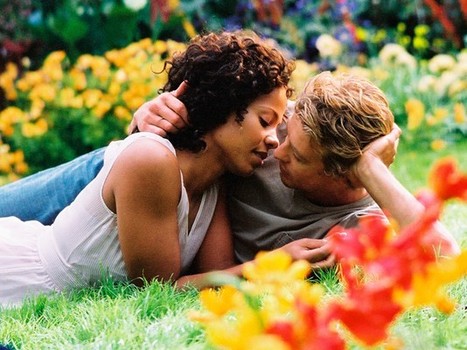
When I look back on my first marriage, one of the things that is most disappointing is how blindsided I felt when I found out it was in trouble. I knew my ex wasn’t really happy, and I even thought I knew the reasons; but I had no idea that one of those reasons might be me (and/or the marriage).
How does that happen?
How does a person (or couple I guess) get into a spot where one person basically wants out and the other person has no idea that is happening? Was I some cold callous person who ignored her and only cared about myself? I guess you would need her thoughts on that, but I sure didn’t think so. For us to have that sort of gap in our understanding of things, the only thing I can definitively say is *something* had clearly fallen apart in communication.
The past is the past and can never be changed. Which isn’t to say it doesn’t matter, as it absolutely does. But the only place it really matters is in how you move forward and what you learn from it.
My goal was to learn enough to hopefully never be in that sort of position again.
If I never wanted to be in that spot again, it was up to me to try and understand how I got there. It seemed surprising, because my ex and I never fought. Like, never. And in retrospect, maybe that was part of the problem.
Although we never fought, I can guarantee we didn’t always agree on things. Which is to be expected, as people won’t always agree on things. But maybe part of the problem was with how we approached those things we didn’t agree on.
I suspect we didn’t ever fight because instead of sharing how we were feeling, facing issues, and trying to work through them; we just ignored them. Which is a fantastic idea of course, because we all know that if we ignore something for long enough it will go away (note, sarcasm intended).
That’s not to say I never raised issues. But under the guise of picking my battles, I ignored way too much. And many times I should have raised something, I didn’t.
Why didn’t I raise issues I felt should be raised?
Looking back, as embarrassing to admit as it is, it was fear.
Fear of the discomfort that it would cause.
Fear of the fight that may ensue.
Fear of the damage it could do.
It was WAY easier to tell myself something didn’t matter. And there is some truth there, because often things don’t matter (the book “Don’t Sweat the Small Stuff” is all about reminding us that some things don’t really matter). But I think at some level we know when things do matter, and when they do, it’s a mistake to keep silent.
However I often kept silent.
I think part of it was because it’s natural to feel uncomfortable with conflict. In addition I think it was because I didn’t have the personal “tools” for working on things.
I had a pretty good childhood, and to this day I think highly of both of my parents. It’s not like they were perfect or anything (no one is), but I think they are people who generally did their best. And to me, at the end of the day I think that’s the most important thing.
One thing that my childhood didn’t prepare me for however, was conflict.
See, my parents didn’t really fight or argue. I’m sure they didn’t always get along, but either their disagreements were behind closed doors OR because I was a kid I was just oblivious to it. Talk to anyone who knows me well and they will tell you I can be completely naive and oblivious at times, so there’s actually a good chance it’s the latter.
Beyond parents, one of the main places young people learn is at schools. And although it may be different now, learning about conflict, our emotions and how to manage them wasn’t exactly one of the topics that was covered when I was going through the school system. It’s something that’s extremely important, but we all just kind of figure it out on our own, at our own pace. Whatever that pace may be.
As a result I entered young adult life (and relationships) not knowing what to do with conflict. Not knowing how to have “difficult conversations”, and often avoiding them.
Not knowing what to do with conflict was only part of the problem. The larger problem was the associations I made about conflict…
The people I knew and loved didn’t seem to argue, so in my head I interpreted that as arguing was *bad*, or a sign of problems. And I sure didn’t want that. Eventually I found myself in a relationship (and later marriage) with someone who was just as conflict avoidant as I was. And without being forced to face conflict together, I didn’t build up skills at dealing with it very well.
To be clear, I don’t blame anyone for this. It was how *I* shaped my beliefs about the world based on my experiences. And I share this primarily because I suspect the way I grew to view the world is not uncommon.
It took me a long time to learn that conflict isn’t bad. It’s actually super important, and when done right is very healthy. Conflict is nothing more than differences plus tension. And since we are all different, it’s natural.
Sure it can go badly as well, but that’s more around how you handle the conflict. Conflict itself is neither good nor bad.
And communication at its core is all about how you handle that conflict.
My ex and I didn’t come into our relationship with a very good toolset for allowing us to communicate and handle conflict. And for whatever reason, we never built those tools up.
Looking back, we both had terrible communication skills – though I doubt either of us realized that at the time. And that was likely a significant factor in the failure of our marriage.
When my fiancé and I met, one of the things I told her was that in our relationship no topic could ever be “off the table”. And in fact, the harder something was to talk about the more important it probably was.
I understood this at an intellectual level, but practically my skillset was still very rudimentary. She was (and is) much better in this space than I am, and has a much easier time raising the things that need to be raised.
At first it was very difficult. She would raise something, and I would feel that discomfort – my chest starting to tighten and the blood rushing to my ears. Sometimes she would suggest that maybe we shouldn’t talk about things, at least not right now. And sometimes we drop things for the moment at least to gain some space and clear our heads. But we both realize the importance of talking things through no matter how uncomfortable they make us.
Over time, it’s gotten easier. I am able to listen, and push back at that discomfort I feel. And I also find it much easier to raise things that I feel need to be said.
I firmly believe that when it comes to conflict and communication, there ARE tools that you can build up over time. They are really skills, and the more you work at them the more you can improve them.
As a parent, it’s very important that I try to pass this along to my children. When I think back on how I grew up believing conflict is bad (and how that shaped me), I don’t want that for them. I want them to understand that conflict is natural. That it’s alright to disagree. To be frustrated or mad at each other sometimes. And that in those moments it’s important to be able to talk to each other. To tell each other what we are feeling and try to get at the root of why, in a caring and respectful way. The feelings are natural, it’s how we manage them that really matters.
I went almost 40 years without understanding conflict and without having tools to deal with it. I realize I still have a long way to go and I expect I will spend the rest of my life trying to improve my skills in this area. That’s alright though, because although it took a long time I feel like I have found my voice, and learned how to speak.






